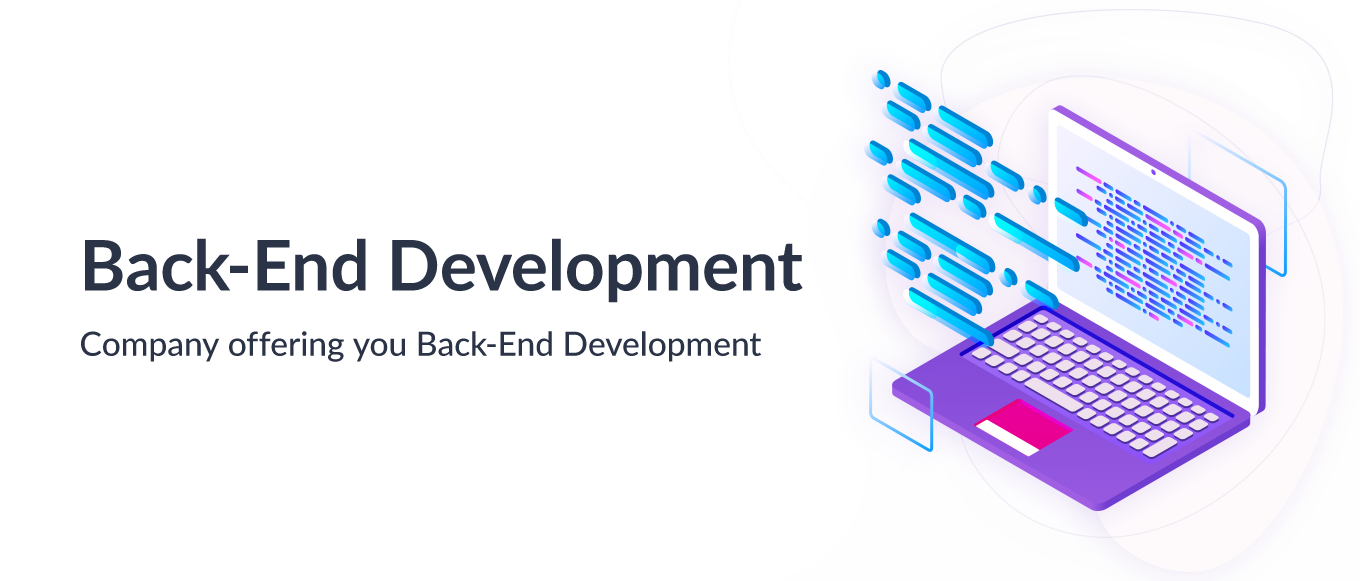


Python : is an interpreted high-level programming language for general-purpose programming. Created by Guido van Rossum and first released in 1991, Python has a design philosophy that emphasizes code readability, notably using significant whitespace. It provides constructs that enable clear programming on both small and large scales. In July 2018, Van Rossum stepped down as the leader in the language community after 30 years.
Python features a dynamic type system and automatic memory management. It supports multiple programming paradigms, including object-oriented, imperative, functional and procedural, and has a large and comprehensive standard library.Python interpreters are available for many operating systems. CPython, the reference implementation of Python, is open source software and has a community-based development model, as do nearly all of Python's other implementations. Python and CPython are managed by the non-profit Python Software Foundation.
Python was conceived in the late 1980s by Guido van Rossum at Centrum Wiskunde & Informatica (CWI) in the Netherlands as a successor to the ABC language (itself inspired by SETL), capable of exception handling and interfacing with the Amoeba operating system. Its implementation began in December 1989. Van Rossum's long influence on Python is reflected in the title given to him by the Python community: Benevolent Dictator For Life (BDFL) – a post from which he gave himself permanent vacation on July 12, 2018.
Python 2.0 was released on 16 October 2000 with many major new features, including a cycle-detecting garbage collector and support for Unicode
Python 3.0 was released on 3 December 2008. It was a major revision of the language that is not completely backward-compatible. Many of its major features were backported to Python 2.6.x and 2.7.x version series. Releases of Python 3 include the 2to3 utility, which automates (at least partially) the translation of Python 2 code to Python 3.
Python 2.7's end-of-life date was initially set at 2015 then postponed to 2020 out of concern that a large body of existing code could not easily be forward-ported to Python 3. In January 2017, Google announced work on a Python 2.7 to Go transcompiler to improve performance under concurrent workloads.
Retail & Ecommerce
Education & E-learning
Healthcare & Fitness
Distribution & Logistics
Social Networking
Real Estate
Travel & Hospitality
Food & Restaurant
On-Demand Solutions
Gaming